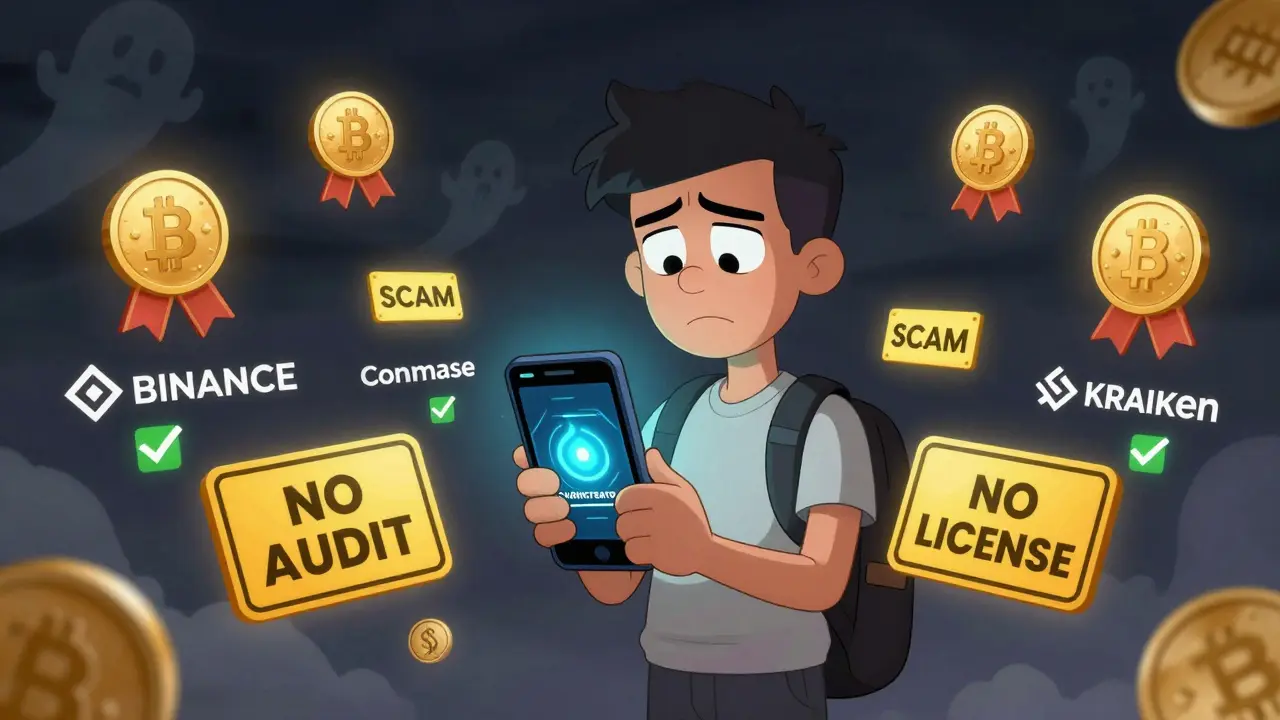Crypto Exchange Scam: How to Detect, Avoid, and Protect Your Funds
When dealing with crypto exchange scam, a fraudulent platform that pretends to be a legitimate crypto trading venue but steals user funds or personal data. Also known as exchange fraud, it typically lacks proper licensing, hides withdrawal fees, and uses fake testimonials to lure traders. The scam requires vigilance because attackers often mimic the design of trusted services, making the deception hard to spot. A common semantic link is that crypto exchange scam encompasses exchange security, the set of safeguards like two‑factor authentication, cold‑storage wallets, and compliance checks that legit exchanges employ. Without these safeguards, users fall prey to phishing scams, fake login pages or fraudulent emails that harvest credentials and redirect funds. Understanding these connections helps you recognize red flags before you deposit a single coin.
Key Factors That Fuel Crypto Exchange Scams
First, regulatory oversight, government‑mandated licensing, AML/KYC requirements, and periodic audits that legit platforms must pass is often missing in scam operations. When an exchange advertises “no verification needed,” that’s a direct signal that it operates outside any supervisory framework. Second, the rise of fraudulent platforms, websites that copy the UI of popular exchanges, list fake token pairs, and promise unrealistic yields creates a breeding ground for theft. Third, many scammers rely on due diligence tools, public block‑explorers, licensing registries, and community forums that help users verify an exchange’s legitimacy. When those tools show no record of the exchange or reveal a history of withdrawal blocks, it’s a clear warning sign. The interplay of weak oversight, counterfeit platforms, and insufficient research fuels the ecosystem of crypto exchange scams, making education and practical checks essential for every trader.
Armed with this context, you’ll see why the articles below dive deep into real‑world examples—like the Barginex red‑flag review, the Deliondex security assessment, and the GCOX risk analysis. Each post breaks down the specific tactics used, the warning signs to watch, and actionable steps you can take right now to safeguard your assets. Ready to explore detailed reviews, safety checklists, and practical advice? Scroll down to discover the full collection of guides that will help you stay one step ahead of crypto exchange scammers.
CHAINCREATOR Crypto Exchange Review: Does This Platform Even Exist?
CHAINCREATOR is not a real crypto exchange. No credible reviews, audits, or regulatory filings exist for it. Learn why it's a scam and which trusted platforms to use instead in 2026.
Welcoin Review: Real Loyalty Program vs. Fake Crypto Exchange Scam
Discover the truth behind Welcoin - a legitimate Weltrade loyalty program vs. fake crypto exchange scams. Learn how it works, red flags, and how to stay safe.

